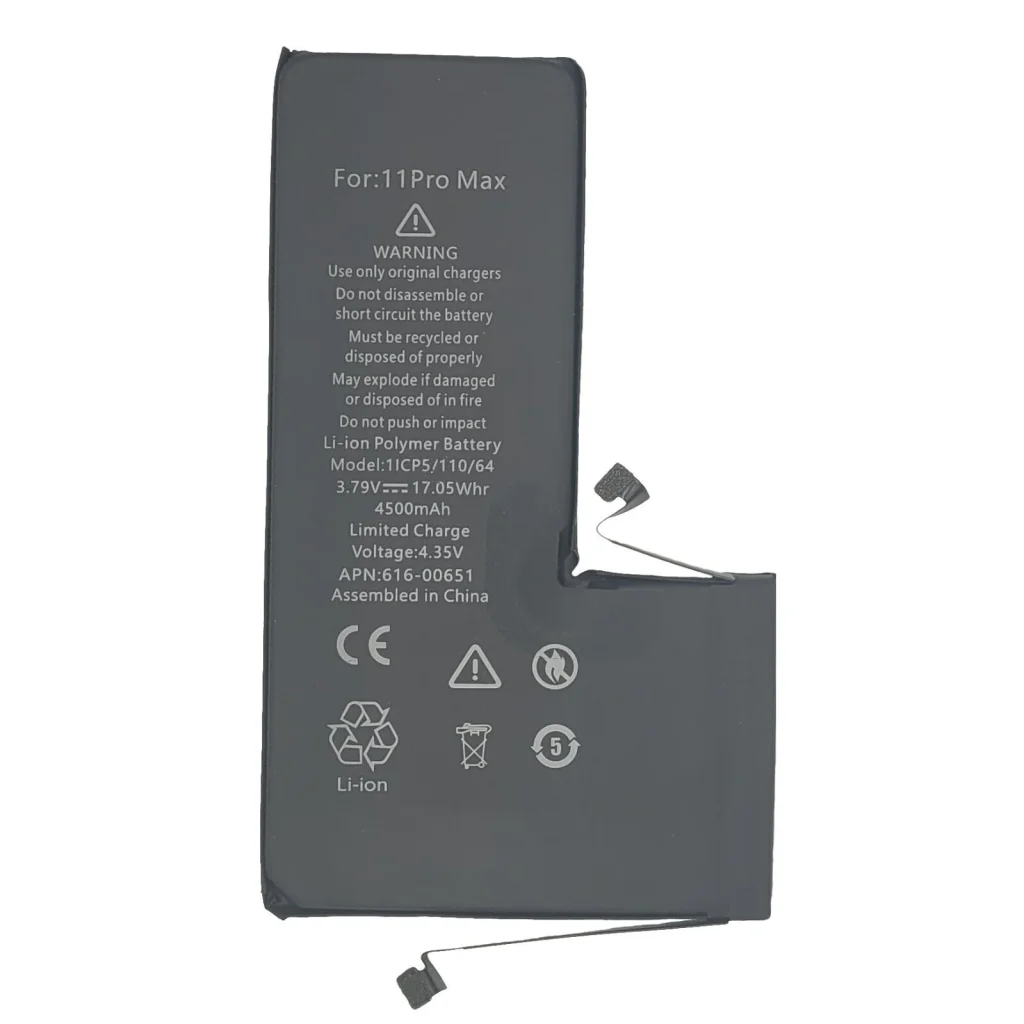It’s probably time to upgrade the battery your iPhone’s battery isn’t being able to hold a charge as long or it stops working frequently when employed.
The repair is fairly simple if you follow a proper process. However, there are some common mistakes that can cause severe damage to your phone during the repair.
You can also DIY
A defective iPhone battery can cause frustration and cause your device to become slow or even turn off completely. The most effective way to fix the problem is to replace the battery. There are several DIY solutions that can assist you in resolving this issue without risking data loss or harm to your device.
Apple stores or online stores are two places where you can buy a brand new battery. It is a difficult process but it requires accuracy and a clean work area. You also need the right tools for dismantling your smartphone. This includes the screwdriver set and suction cups for screen removal and plastic prying tools. Moreover, it’s crucial to choose quality batteries to avoid further damage to the device.
In certain situations it is possible to do a doing a DIY iPhone battery replacement can be economical. However, it is important to consider the benefits and risks of this method before making your choice. Professional repair services have numerous advantages, including faster turnaround times. They also ensure the quality of their artistry and parts. They also provide a warranty for their work. This will save you time and money over the long haul.
A skilled iPhone battery replacement could aid in avoiding loss of your personal information or financial data. It is possible to replace the iPhone battery if you experience frequent shutdowns, rapid power drain, or your device gets hot while charging. Additionally the life expectancy of batteries on some iPhones can decrease as time passes due to elements like exposure to sunlight, or over use and click here https://dienthoainhanh.com/thay-pin-iphone-11-pro-max/ for more info.

iPhone repair mistakes
iPhone battery replacement is a delicate job and should only by performed by experts. It is possible to damage your phone or invalidate your warranty should you try to perform the repair. It is also possible to contaminate the phone’s interior and harming its waterproof capabilities.
It’s crucial to follow manufacturer’s repair instructions precisely. Doing so will help ensure the correct parts are used and that the steps are carried out correctly. It is also important to employ anti-static tools and work on a clean mat. This will reduce the chance of damaging electronic components due to static electricity.
Another error that people make is to use excessive force when fixing the phone. This can damage internal components of the phone which includes the motherboard as well as display cables. It is important to apply very little pressure while tightening screws. If you apply excessive pressure, the screws may be misaligned or the threads may be snared.
It is crucial to disconnect the battery prior to taking off the connectors for your screen. This step will prevent the battery from becoming overheated and possibly explode. This is particularly important if the battery is overheated or damaged.
The most common mistakes that are made during DIY repairs is to turn off the phone prior to reassembling it. The logic board can end up being permanently damaged if you make this mistake. Be aware of the screw locations and do not overtighten. It is possible to use magnetic project mats to organize the screws and components when they’re removed to ensure they are returned to the same location.
Replacement of broken iPhone batteries
A defective battery could be the cause for your iPhone’s constant overheating and shutting down. Overheating lithium-ion iPhone batteries can cause them to melt or explode. If your battery has been damaged, it’s time to be replaced.
It is recommended that you get your battery replaced by a technician who is competently trained. Professionals will only utilize Apple batteries which have been thoroughly checked to ensure that they meet Apple’s standards for quality and performance. You can find these technicians in Apple Stores and authorized service providers. Repair shops from third-party repair companies and Best Buy are also options However, it is important to ensure that they are making use of authentic replacement parts.
Data loss is among the most severe issues that can arise from unauthorized iPhone batteries. iPhones have tape strips that cover the connector for the battery. If this strip is taken off during the replacement, data can be lost. Additionally, technicians who aren’t trained could cause damage to the circuit that charges by unplugging the battery in a wrong way.
Another issue with unauthorised iPhone battery replacements is that the resulting batteries could expand. The battery expands when it has reached its maximum capacity and the accumulation of internal gasses leads to the battery reaching its end life. If this happens, your iPhone will display a message indicating that it is unable to verify the battery’s health and will disable its performance-management features.
iPhone screen damage during repair
It’s crucial to contact repair services as soon as you can if you notice that your iPhone screen is damaged when replacing the battery. It could be a sign of a bigger problem. A defective battery can generate excessive heat, which could cause the possibility of a fire. This is particularly risky when the device is charged, as this can result in more damage to the internal parts.
If you are concerned about the safety of your iPhone, you may also think about using a professional company that offers warranties for its repairs. This is a good option to ensure that the repairs are carried out correctly and made with top-quality parts.
It is recommended that you also purchase a tempered glass iPhone screen protector to prevent further damage. This type of screen protector is specifically designed to withstand impacts and prevent cracks and chips. Damaged screens could affect the display’s clarity, touch sensitivity and even the overall appearance of your device.
A malfunctioning or dead screen is another common problem that requires the need for an iPhone replacement. It can be caused by many factors, such as.





